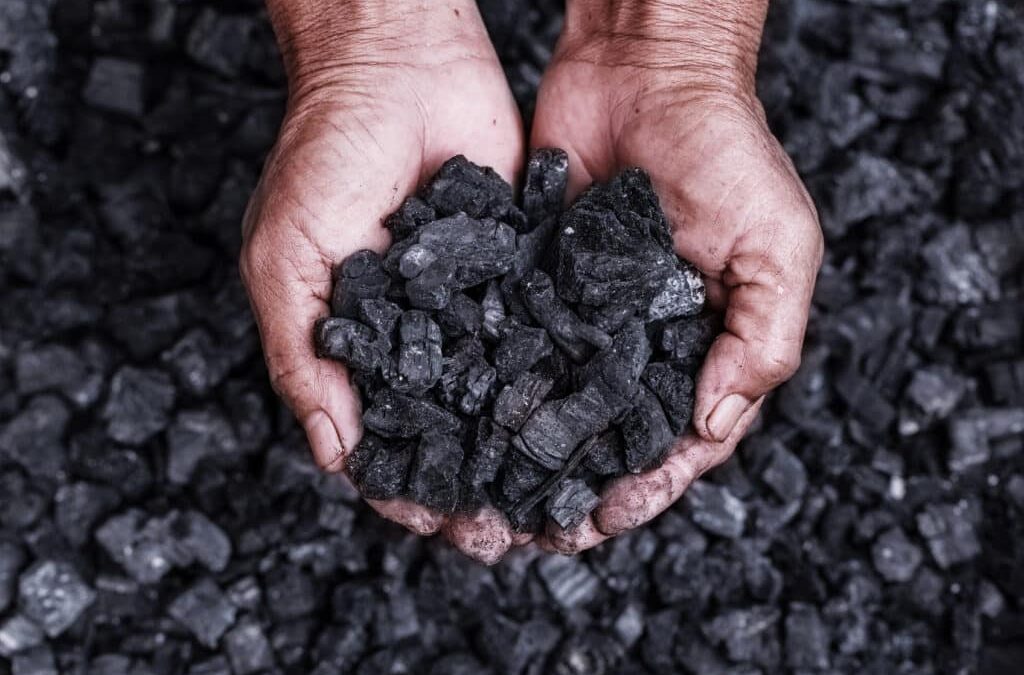The Australasian Centre for Corporate Responsibility (ACCR) has commented on the recent announcement that Nippon Steel Corp. (NSC) and JFE Steel (JFE) have collectively bought 30% of Whitehaven Coal’s Blackwater metallurgical coal mine in Queensland, Australia.
Breakdown:
- NSC will pay nearly US$720 million for a 20% stake in Blackwater.
- JFE is purchasing a 10% stake for US$360 million.
Whitehaven Coal is seeking to extend the life of the Blackwater mine by an additional 60 years, pushing the mine’s life out to 2085, as part of its Blackwater North Extension Project.
In June, shareholders in NSC showed significant support for three climate-related shareholder proposals at the company’s annual general meeting, which urged the world’s fourth largest steelmaker to improve its decarbonisation strategy.
Commenting on the announcement, Fiona Deutsch, Lead Analyst at the Australasian Centre for Corporate Responsibility, said:
“Investors will be rightly questioning Nippon Steel’s previous commitments to being a globally competitive leader in the green steel market with this stake.
“The recent strong support for three climate-related shareholder proposals at Nippon Steel’s AGM suggests investors see a delay in decarbonisation as a risk to corporate value, and this investment will raise questions about the company’s commitment to decarbonisation and meeting investor expectations.
“The transition risks associated with metallurgical coal are increasingly evident. As steelmaking processes evolve to reduce reliance on coal, the risk profile for metallurgical coal is expected to rise.
“A recent global survey of 500 investors across 34 countries showed that 80% believe metallurgical coal’s risk profile will increase in the next decade.
“Instead of doubling down on the highest-emitting part of the steel supply chain, Nippon Steel and JFE should be leading the way in the transition to greener technologies. This is what investors expect.
“Nippon should be pivoting towards technologies with genuine green potential, including direct reduced iron (DRI) and electric arc furnaces (EAFs), and positioning itself as a leader in a decarbonising industry, securing both economic opportunities and climate benefits.”



